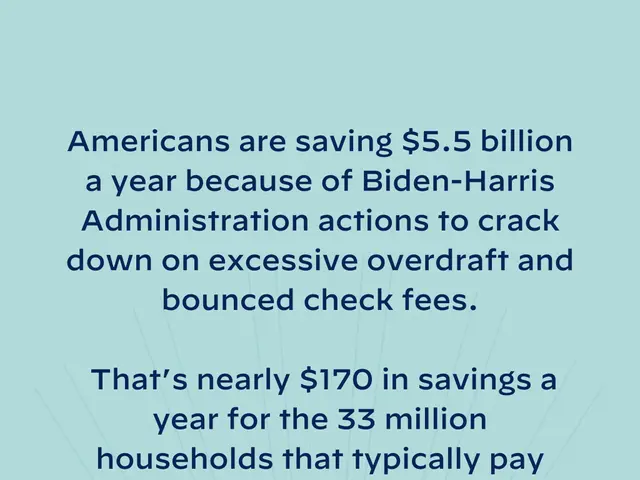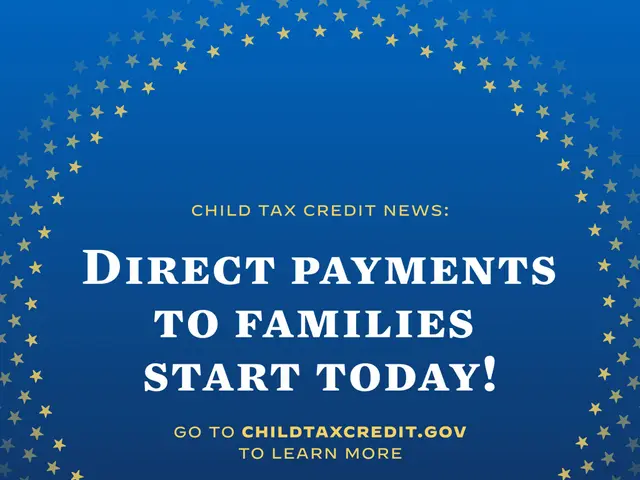Investment in this ETF surpasses MSCI World's performance, with just a minimal requirement of 25 shares.
In this article, we'll guide you through the process of managing or cancelling your subscription with Contentpass, as well as provide insights into the data processing implications under GDPR Article 49(1)(a) for personal data transfers to third countries like the USA.
Cancelling Your Subscription with Piano
To manage or cancel your subscription with Piano on a Contentpass website, follow these simple steps:
- Log in to your Piano account on the relevant Contentpass website.
- Navigate to the Account Settings or Manage Subscription section.
- Select the option to cancel your subscription following the provided steps or prompts.
For instance, the process for "Piano With Jonny" involves logging into your account, going to Account Settings, selecting Manage Subscription, and clicking Cancel.
GDPR Article 49(1)(a) and Data Transfers
Article 49(1)(a) of the GDPR allows data transfers outside the EU without an adequacy decision only if the data subject has explicitly consented to the transfer, after being informed of the possible risks due to the absence of an adequacy decision or other appropriate safeguards.
This means that if your personal data is transferred to the USA by Piano or any related service, they must have obtained your explicit informed consent acknowledging that your data may be accessed under different legal protections than EU standards.
Companies like Piano, which provide subscription and audience engagement services, process personal data and may transfer it to third countries for analytics or service provision. Under GDPR, these companies need to inform users of such transfers and secure legal grounds (e.g., consent or standard contractual clauses).
What to Check Before Cancelling Your Subscription
Before you cancel your subscription, it is advisable to review the privacy policy or data protection information provided by Piano. They should specify:
- How your data is processed,
- Whether your data is transferred internationally (e.g., to the USA),
- The legal basis for such transfer, including explicit consent per GDPR Art 49(1)(a),
- Mechanisms to revoke consent or data subjects’ rights related to access, correction, or deletion of personal data.
Your Data Protection Rights
As a data subject, you have the right to access, rectify, erase, restrict processing, and withdraw consent regarding your personal data. If you have concerns about data transfer risks, you may contact Piano’s data protection officer or support to request detailed information or exercise your GDPR rights.
In summary, managing your subscription effectively while ensuring compliance with GDPR involves reviewing privacy policies, understanding data transfer implications, and exercising your data protection rights.
Remember, you can withdraw your consent for data processing at any time via the "Withdraw Tracking" link in the footer of Contentpass's offer. More details on data processing can be found in Contentpass's privacy policy and privacy statement, which are available at the footer of Contentpass's offer at any time.
What about financing or investing in a company like Piano, given their services involve handling personal data and transfers to third countries like the stock-market might affect the potential risks and obligations under GDPR Article 49(1)(a)?
Moreover, when you consider cancelling your subscription with Piano, it's crucial to acknowledge that they might have obtained your explicit informed consent for data processing and transfers under GDPR Article 49(1)(a), as this is a requirement when transferring personal data to the USA.





